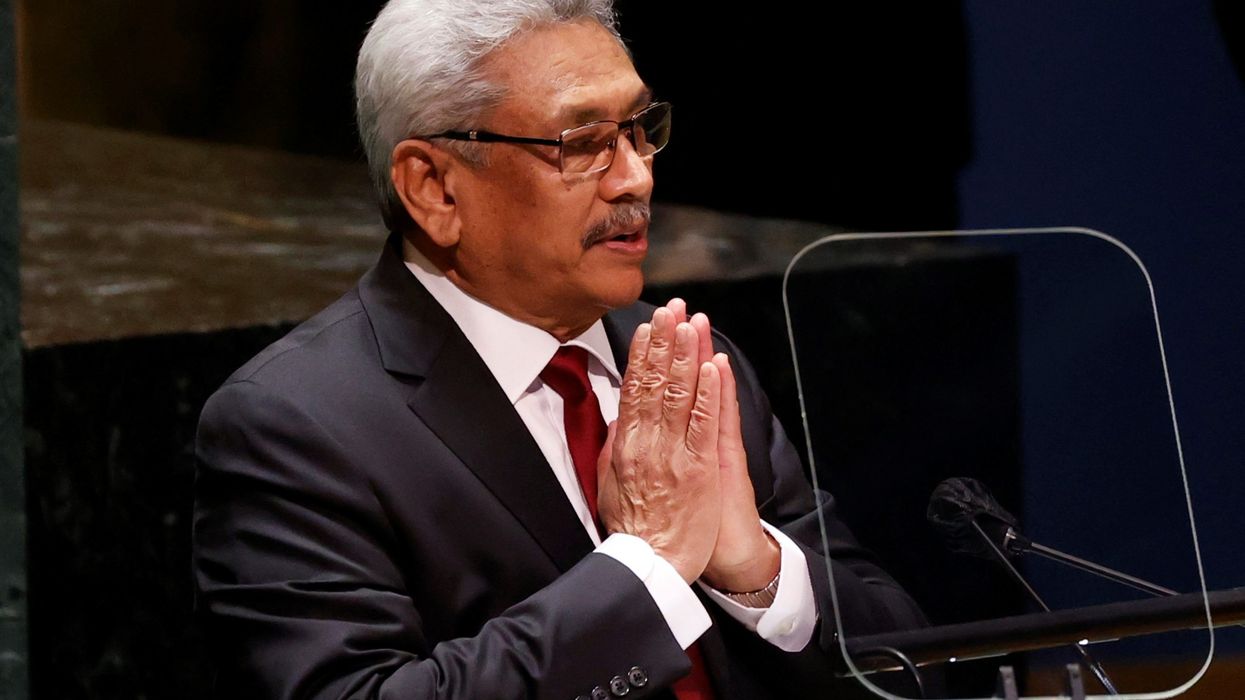SRI Lanka's president vowed "immediate steps" to amend anti-terror legislation to retain a lucrative trade status with the European Union, his office said Tuesday (5).
The EU had warned Sri Lanka that its generalised system of preferences (GSP Plus) - a favourable trade scheme to encourage developing nations to respect human rights - could be withdrawn if Colombo did not improve its rights record.
Gotabaya Rajapaksa told a visiting EU delegation Monday (4) that he had instructed the justice minister and the attorney general to carry out urgent reforms to the Prevention of Terrorism Act (PTA).
The law allows police to arrest and detain suspects for long periods. Confessions extracted from suspects can be used against them, and many have been held for decades without charge.
"Immediate steps will be taken to amend the necessary provisions of the PTA," Rajapaksa's office quoted him as saying.
"President Rajapaksa also stated that the country would abide by the agreements on human rights."
International human rights organisations have accused Rajapaksa's government, which came to power in November 2019 with the overwhelming support of the Sinhalese-Buddhist majority, of persecuting minorities and targeting rights activists.
The president told the EU delegation that he would seek the support of civil society organisations for ethnic reconciliation in the country, which is emerging from a decades-long Tamil separatist war.
Rajapaksa was the top defence official in 2009 when his president brother Mahinda crushed the Tamil rebel leadership and declared an end to 37 years of guerrilla war that had claimed over 100,000 lives.
The bloody finale sparked allegations that some 40,000 Tamil civilians were killed by government forces, a charge denied by successive governments which, however, have refused to allow an international investigation.
Seventy-eight Tamil prisoners are behind bars under the PTA without being formally charged, some of them for more than three decades.
Withdrawal of GSP Plus, which gives Sri Lanka an annual gain of an estimated €300 million (£255m), could be catastrophic at a time when Colombo faces a severe foreign exchange shortage.
In 2010, the EU withdrew GSP Plus after accusing Colombo of failing to ensure accountability for alleged war crimes and respect human rights. The concessions were restored in 2017 after promises of reforms.
There was no immediate comment from the EU office in Colombo.
(AFP)




